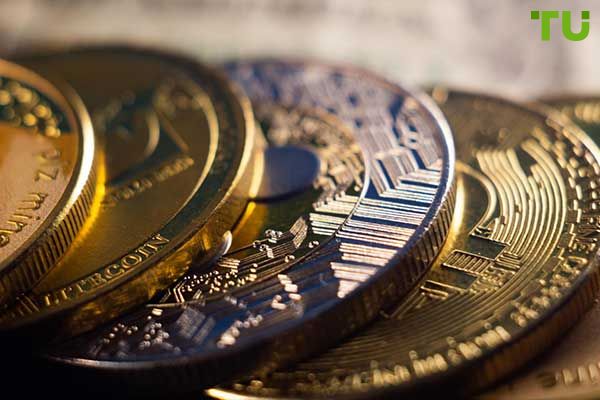Decentralized exchanges – Balancing innovation and challenges in the crypto market
 Decentralized exchanges – Balancing innovation and challenges in the crypto market
Decentralized exchanges – Balancing innovation and challenges in the crypto market
The rise of decentralized exchanges (DEXs) offers enhanced security and autonomy for cryptocurrency traders but also introduces particular challenges.
As the cryptocurrency market matures, decentralized exchanges (DEXs) have gained traction, offering traders an alternative to traditional centralized exchanges (CEXs) like Binance and Coinbase.
According to the crypto.news article, unlike CEXs, DEXs allow users to trade directly from their wallets, ensuring complete control over their private keys and funds. This shift towards decentralization comes in response to the security risks and regulatory challenges associated with CEXs. The infamous collapse of FTX, a prominent centralized exchange, highlighted these vulnerabilities, prompting many traders to seek safer alternatives.
DEXs operate by executing trades through smart contracts, mitigating the risk of hacking and fraud that plagues centralized platforms. Transactions on DEXs do not involve intermediaries, significantly reducing custodial failures and enhancing security.
As of July 2024, the DEX to CEX spot trade volume ratio is projected to reach a record 13.76% (2024 Q2 Crypto Industry Report / CoinGecko), reflecting growing trader confidence in decentralized options.
Despite advantages, DEXs face their own set of challenges. Inconsistent liquidity levels, varying transaction fees, and complex user interfaces can deter new users.
Efforts to address these issues are underway, with platforms like Astrovault and QuickSwap leading the charge. Astrovault, an automated market maker, aims to generate revenue directly from its liquidity pools, reducing reliance on external sources. QuickSwap, the leading asset exchange on Polygon, offers practical services such as bill payments via crypto, pushing the boundaries of what DEXs can provide.
The transition from centralized to decentralized exchanges is not without its hurdles, but the momentum towards a more secure and autonomous trading environment is undeniable.
The rise of decentralized exchanges represents an important development in the cryptocurrency market. While challenges remain, the advantages of enhanced security and user autonomy are driving increased adoption.













































































































































